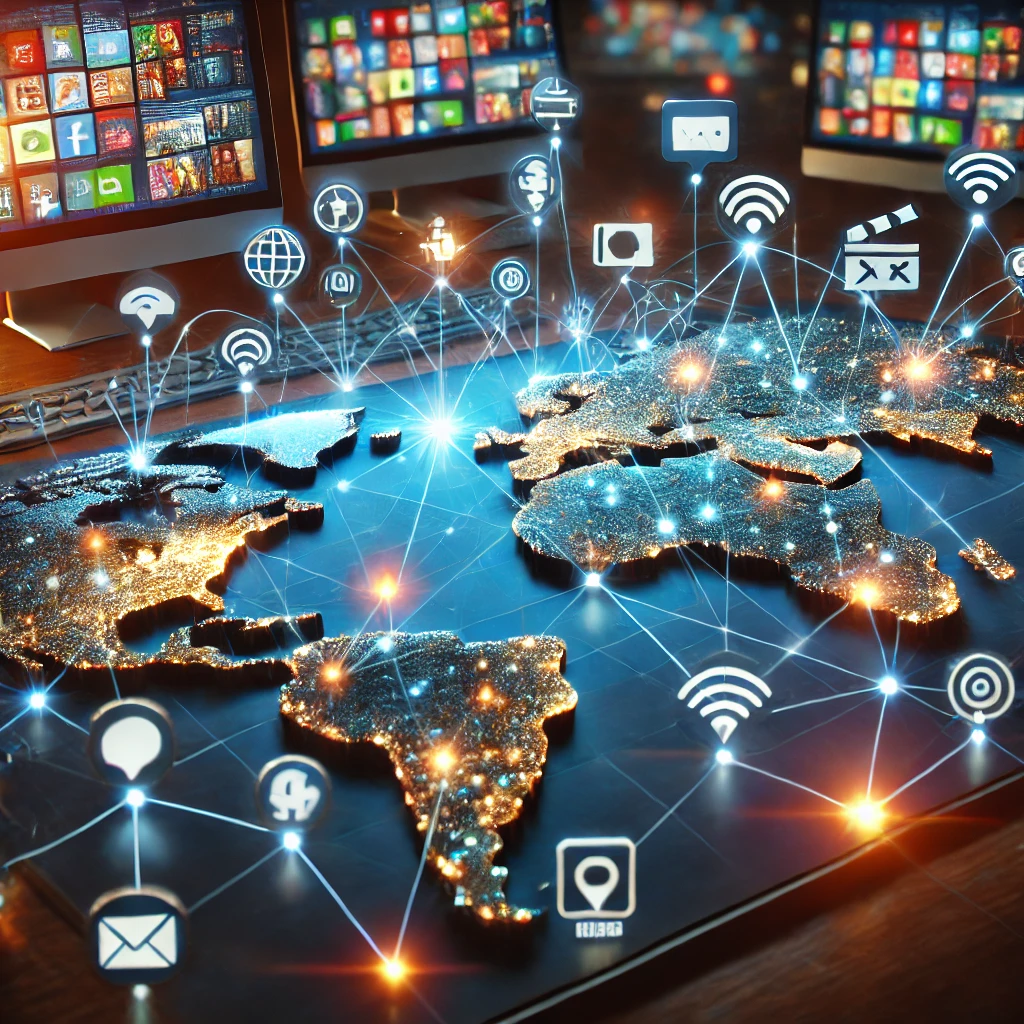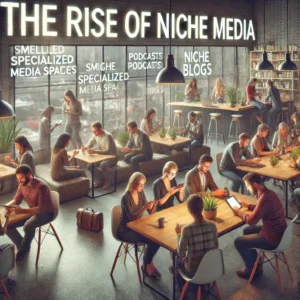Media has a profound ability to connect us across geographical boundaries, fostering a sense of global citizenship and shared experience. The internet, in particular, has revolutionized communication, allowing for instantaneous exchange of information and cultural content across continents. This globalization of media presents both exciting opportunities and complex challenges as we navigate an increasingly interconnected world.
A Global Village: Sharing Stories and Experiences Worldwide
The concept of a “global village,” popularized by media theorist Marshall McLuhan, envisioned a world where electronic media would break down barriers of time and space, creating a sense of interconnectedness and shared consciousness. In many ways, this vision has become a reality. We can now witness events happening on the other side of the world in real time, connect with people from different cultures through social media, and access a vast library of international films, music, and literature online. This has fostered a greater understanding and appreciation of cultural diversity, allowing us to learn from one another and build bridges across communities.
The Power of Cultural Exchange: Fostering Understanding and Empathy
The globalization of media has facilitated an unprecedented level of cultural exchange. We are exposed to different traditions, perspectives, and ways of life through the media we consume. This exposure can challenge stereotypes, promote empathy, and foster a greater appreciation for the richness and complexity of human experience. For example, the global popularity of South Korean dramas, Japanese anime, and Bollywood films has introduced audiences worldwide to different cultural narratives and aesthetics, broadening their horizons and fostering cross-cultural understanding.
The Digital Divide: Unequal Access and Representation
However, the globalization of media is not without its challenges. The “digital divide” – the gap between those who have access to technology and the internet and those who do not – creates an uneven playing field. While some parts of the world are hyper-connected, others remain largely excluded from the global media landscape. This disparity in access can exacerbate existing inequalities and limit opportunities for certain communities to participate in the global conversation. Furthermore, concerns remain about the dominance of Western media and its potential to homogenize global culture, marginalizing local voices and perspectives.
The Challenge of Localization: Balancing Global Reach with Local Relevance
As media becomes increasingly globalized, striking a balance between global reach and local relevance becomes crucial. While there is value in sharing stories and experiences across cultures, it’s equally important to ensure that local voices and perspectives are not drowned out. Localization efforts, such as translating content into different languages, adapting stories to resonate with local audiences, and supporting local media production, are essential to ensure that the globalization of media is inclusive and equitable.
Navigating a Complex Landscape: Towards a More Equitable Media Future
The globalization of media presents a complex and dynamic landscape. As we move forward, it’s crucial to address the challenges of the digital divide, promote media literacy, and support initiatives that foster a more diverse and inclusive global media environment. By working towards a more equitable distribution of resources and opportunities, we can harness the power of media to connect, inform, and empower people across the globe, fostering a truly interconnected and understanding world. This can bridge the gaps in our societies.



